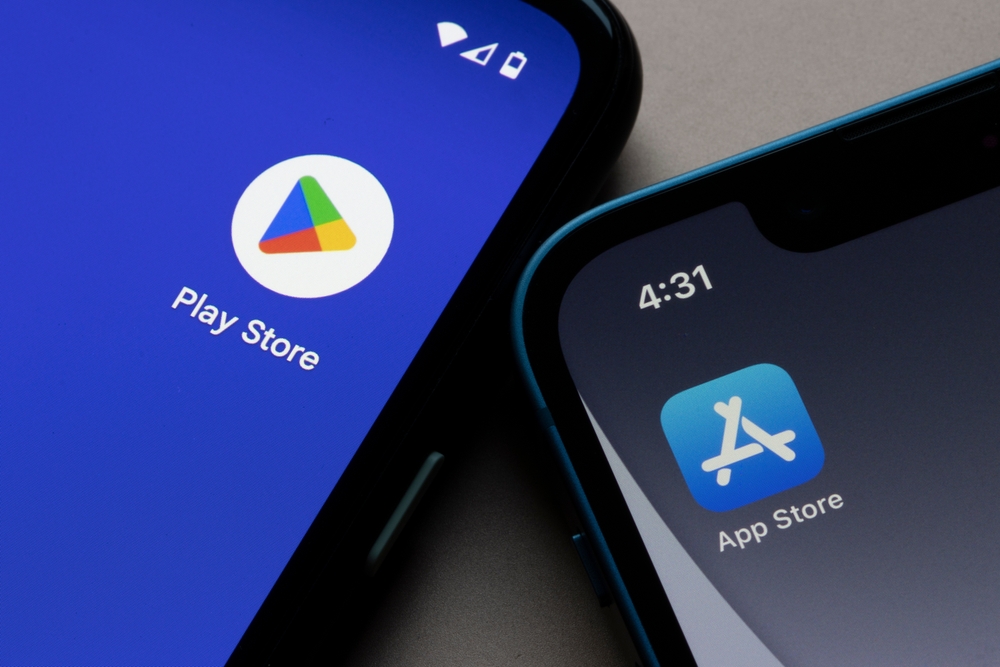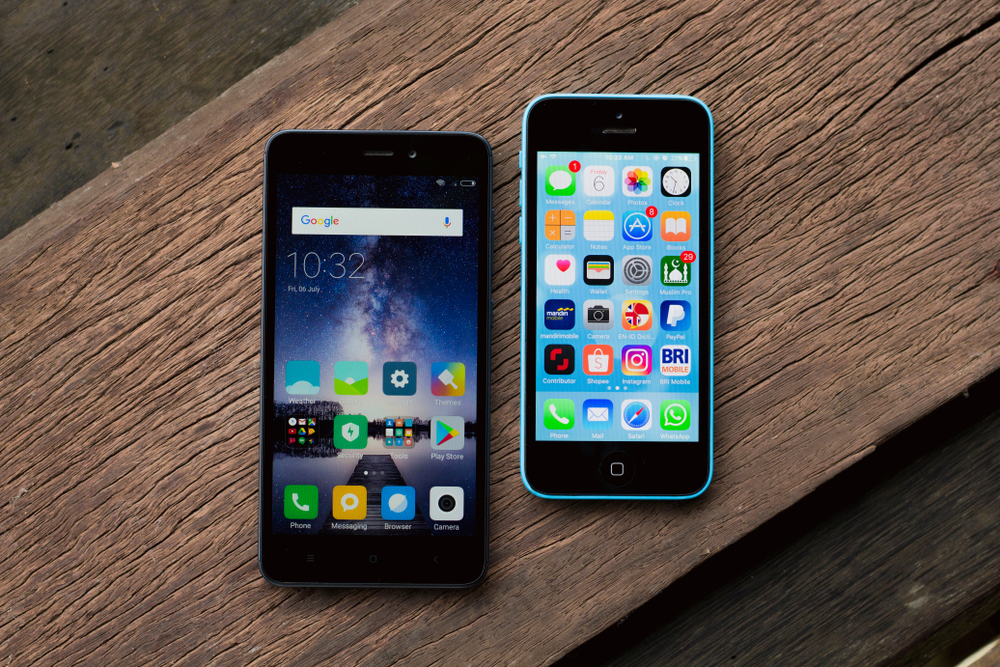
Master the Art of App Marketing: Tools and Tips for Successful Promotion

In today's highly connected world, having a mobile app for your business has become more of a necessity than a luxury. Mobile apps not only enhance your brand's visibility but also provide a convenient platform for your customers to engage with your products or services. However, creating a great app is just the beginning - the success of your mobile app largely depends on how well you market and promote it. In this article, we will explore some essential tools and effective tips to help you master the art of app marketing and ensure its success.
1. Define Your Target AudienceBefore diving into app marketing, it is crucial to identify your target audience. Understanding your audience's demographics, preferences, and behavior will help you tailor your marketing efforts to reach the right people. Conduct thorough market research and analyze your competitors to gain insights into what works and what doesn't in your industry. This information will serve as a foundation for your app marketing strategy.
2. Optimize Your App Store Listing
The first step towards promoting your mobile iOS or Android app is to optimize its visibility in app stores. Your app store listing acts as a virtual storefront and plays a significant role in attracting potential users. To optimize your listing, focus on two key elements: app title and description. Choose a catchy yet relevant app title that reflects your brand and includes relevant keywords to improve search rankings. Craft a compelling app description that highlights the features and benefits of your app, while also utilizing keywords strategically to enhance discoverability.
3. Leverage App Store Optimization (ASO)
App Store Optimization (ASO) is the process of optimizing various elements of your app store listing to boost its visibility and increase organic downloads. ASO involves optimizing both the app listing's metadata and the overall user experience of the app. This includes optimizing keywords, optimizing app screenshots and videos, improving app user ratings and reviews, and promoting positive user sentiment. Invest time and effort in ASO to ensure your app ranks higher in app store searches and gains more visibility.
4. Utilize Social Media Marketing
Social media platforms offer excellent opportunities to promote your mobile Google Play or App Store app and engage with your target audience. Create dedicated social media accounts for your app and leverage platforms like Facebook, Twitter, Instagram, and LinkedIn to build a strong online presence. Develop captivating and engaging content related to your app, share updates, offer sneak peeks, run contests or giveaways, and encourage user-generated content. Engage with your followers, respond to their queries, and utilize social media advertising to reach a wider audience.
5. Influencer Marketing
Leveraging the power of influencers in your industry can significantly boost your app marketing efforts. Collaborate with influencers who have a large and engaged following relevant to your target audience. Influencers can provide an authentic and credible endorsement of your app, which can lead to an increase in downloads and user engagement. Work with influencers to create engaging content, reviews, tutorials, or even giveaways that showcase how your mobile App Store or Google Play app solves a problem or enhances the user experience.
6. Implement App Tracking and Analytics
To effectively market your mobile Android or iOS app , it is crucial to track its performance and understand user behavior. Implement robust analytics tools such as Firebase, Flurry, or Google Analytics to gain insights into how users interact with your app. Analyze metrics such as user acquisition, retention rates, in-app purchases, user engagement, and conversion rates. These insights will help you identify areas of improvement, optimize your app's performance, and make data-driven decisions to enhance your marketing strategy.
7. Provide Excellent User Support
Customer support is an essential aspect of app marketing. Ensure you offer consistent and excellent customer support to users who experience any issues or have questions related to your app. Promptly respond to user queries and feedback, whether it's through email, in-app chat, or a dedicated support portal. Happy users are more likely to share positive experiences and recommend your app to others, leading to increased downloads and app usage.
8. Encourage Reviews and Ratings
Positive user reviews and ratings significantly influence the success of an app. Encourage your app users to rate and review your app on the app store. Craft polite and personalized push notifications or in-app messages requesting feedback, and make it easy for users to leave a review by providing a direct link. Positive reviews and higher ratings improve your app store ranking and attract more potential users.
9. Offer Incentives
Incentives are a great way to promote your mobile app and encourage users to engage further. Consider offering exclusive discounts, access to premium features, or in-app rewards to users who refer your app to their friends or complete certain actions within the app. Incentives not only increase user engagement but also help spread the word about your app organically.
10. Frequently Asked Questions (FAQs)
Q1. How can I effectively engage with my target audience through social media?A1. To engage with your target audience through social media, create compelling content, respond to user comments and messages promptly, and run interactive campaigns such as contests or quizzes. Understand the preferences of your target audience and tailor your social media strategy accordingly.
Q2. Is influencer marketing suitable for all types of mobile apps?
A2. Influencer marketing can be effective for various types of mobile apps. However, it is crucial to identify the right influencers whose audience aligns with your target market. Influencers should have a genuine interest in your app's niche to ensure authentic promotion.
Q3. What are the key metrics I should track using app analytics?
A3. Key metrics to track using app analytics include user acquisition, retention rates, in-app purchases, user engagement, and conversion rates. These metrics provide valuable insights into your app's performance and help you make data-driven decisions to optimize your marketing efforts.
Q4. How long does it take to see results from app marketing efforts?
A4. The timeline for seeing results from app marketing efforts varies depending on various factors such as your app's niche, competition, marketing strategy, and user demand. It is essential to have a long-term marketing plan and be patient, as app marketing is an ongoing process.
Q5. What are some effective ways to encourage users to leave reviews and ratings for my app?
A5. To encourage users to leave reviews and ratings for your app, send personalized requests through push notifications or in-app messages, make the review process simple and convenient, and consider offering incentives such as in-app rewards or access to exclusive features for users who leave reviews.
Conclusion:
Mastering the art of app marketing requires implementing a well-rounded strategy that combines optimization techniques, social media engagement, influencer collaborations, comprehensive analytics, user support, and incentives. By following these tips and using the right tools, you can effectively promote your mobile app, increase its visibility, and drive user engagement and downloads. Remember, app marketing is an ongoing process requiring continuous monitoring and adaptation to the ever-evolving mobile landscape.
Other useful resources
- https://www.appguru24.com/promote-ios-app/
- https://simple.wikipedia.org/wiki/App_Store_(iOS)